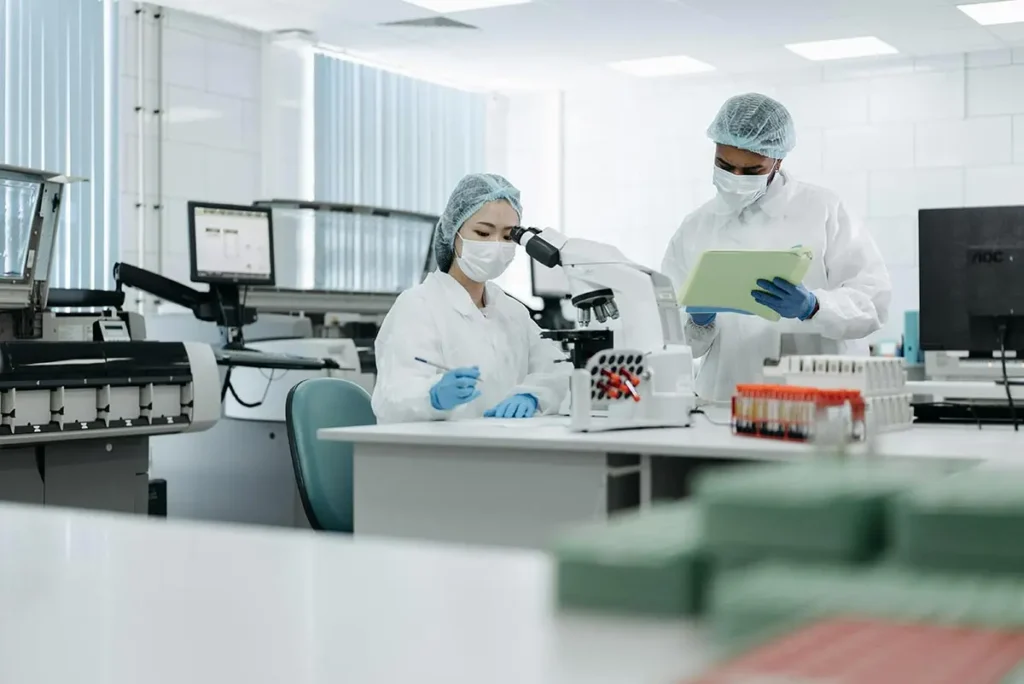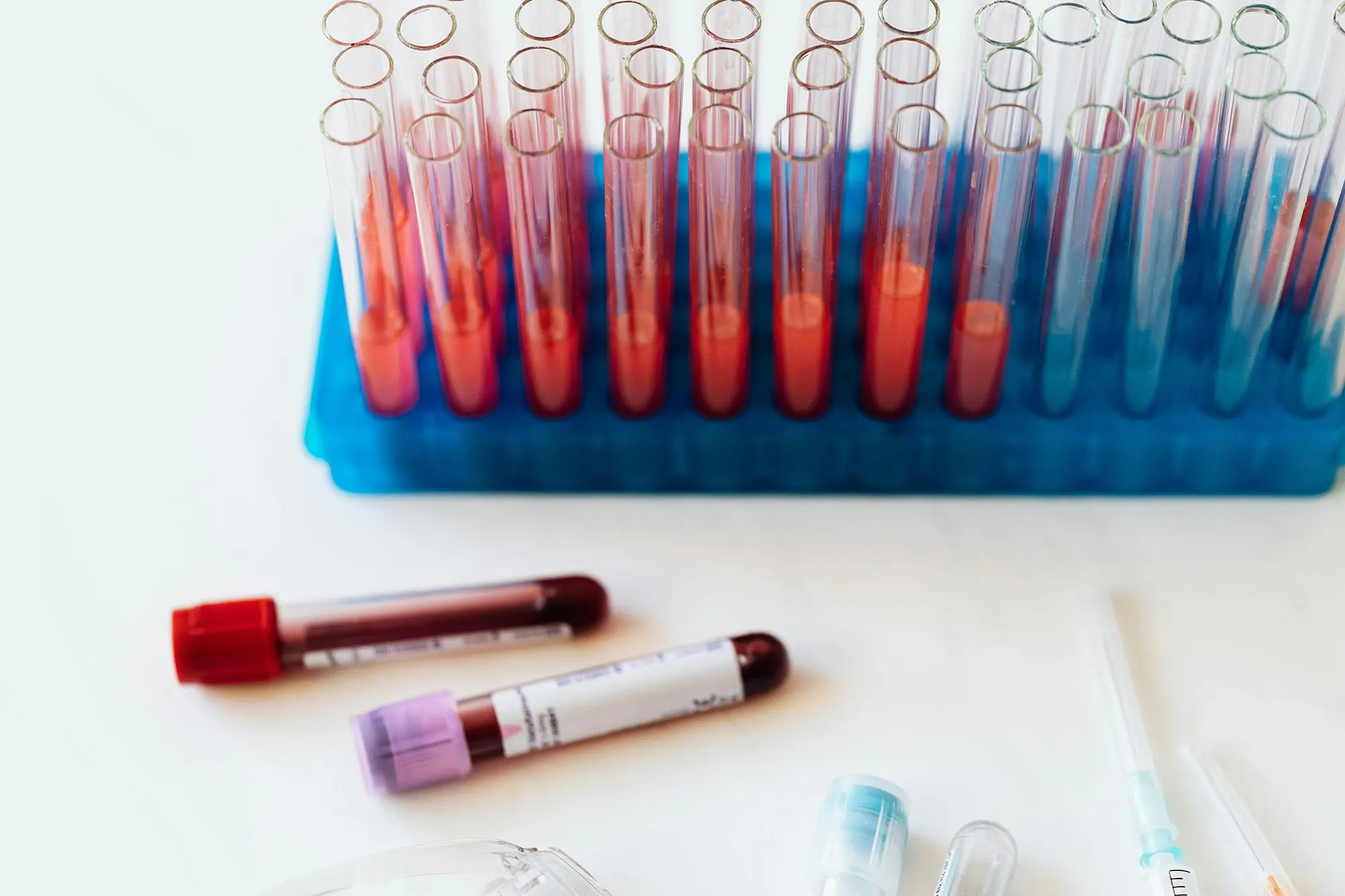Pharmaceutical transportation requires precision and adherence to strict regulations to protect the integrity of sensitive products. Efficient shipping is crucial to prevent spoilage, ensure patient safety, and maintain compliance. By implementing best practices, businesses can navigate challenges such as temperature control, regulatory compliance, and timely deliveries while safeguarding pharmaceutical products throughout the supply chain.
Understanding Pharmaceutical Transportation Challenges
Transporting pharmaceuticals involves unique challenges, including temperature sensitivity, strict timelines, and regulatory oversight. Factors such as storage conditions, packaging, and documentation must align with compliance standards. Companies must address these complexities to maintain product efficacy and meet industry regulations while ensuring seamless delivery of life-saving medications to healthcare providers and patients.
The Role of Temperature-Controlled Logistics
Temperature control is paramount in pharmaceutical transportation. Many drugs, vaccines, and biologics require cold chain logistics to maintain specific temperature ranges. Using advanced temperature monitoring systems, insulated packaging, and refrigerated transport vehicles ensures that products remain stable, minimizing the risk of spoilage and maintaining efficacy throughout the shipping process.
Importance of Regulatory Compliance

Compliance with global and regional regulations is non-negotiable in pharmaceutical shipping. Guidelines such as Good Distribution Practices (GDP) outline the standards for handling, storage, and transportation. Companies must stay updated on evolving regulations and implement robust systems to ensure compliance, protecting product integrity and avoiding costly penalties.
Leveraging Technology for Efficient Operations
Technology plays a crucial role in streamlining pharmaceutical transportation. IoT-enabled devices for real-time monitoring, predictive analytics for demand forecasting, and blockchain for secure record-keeping enhance operational efficiency. These innovations improve visibility, minimize risks, and ensure the safe delivery of sensitive pharmaceutical products in a timely manner.
Building Partnerships with Reliable Logistics Providers
Partnering with experienced logistics providers ensures efficient pharmaceutical shipping. Providers specializing in healthcare logistics bring expertise in handling sensitive products, offering temperature-controlled solutions, and navigating complex regulations. Building strong partnerships ensures a seamless supply chain and enhances the reliability of pharmaceutical deliveries.
Conclusion
Efficient pharmaceutical transportation is vital to safeguarding patient safety and product efficacy. By implementing best practices, leveraging technology, and adhering to regulations, businesses can overcome challenges and ensure timely, secure deliveries. As the pharmaceutical industry evolves, embracing innovation and collaboration will remain central to enhancing the efficiency and reliability of pharmaceutical logistics.

Leave a Reply